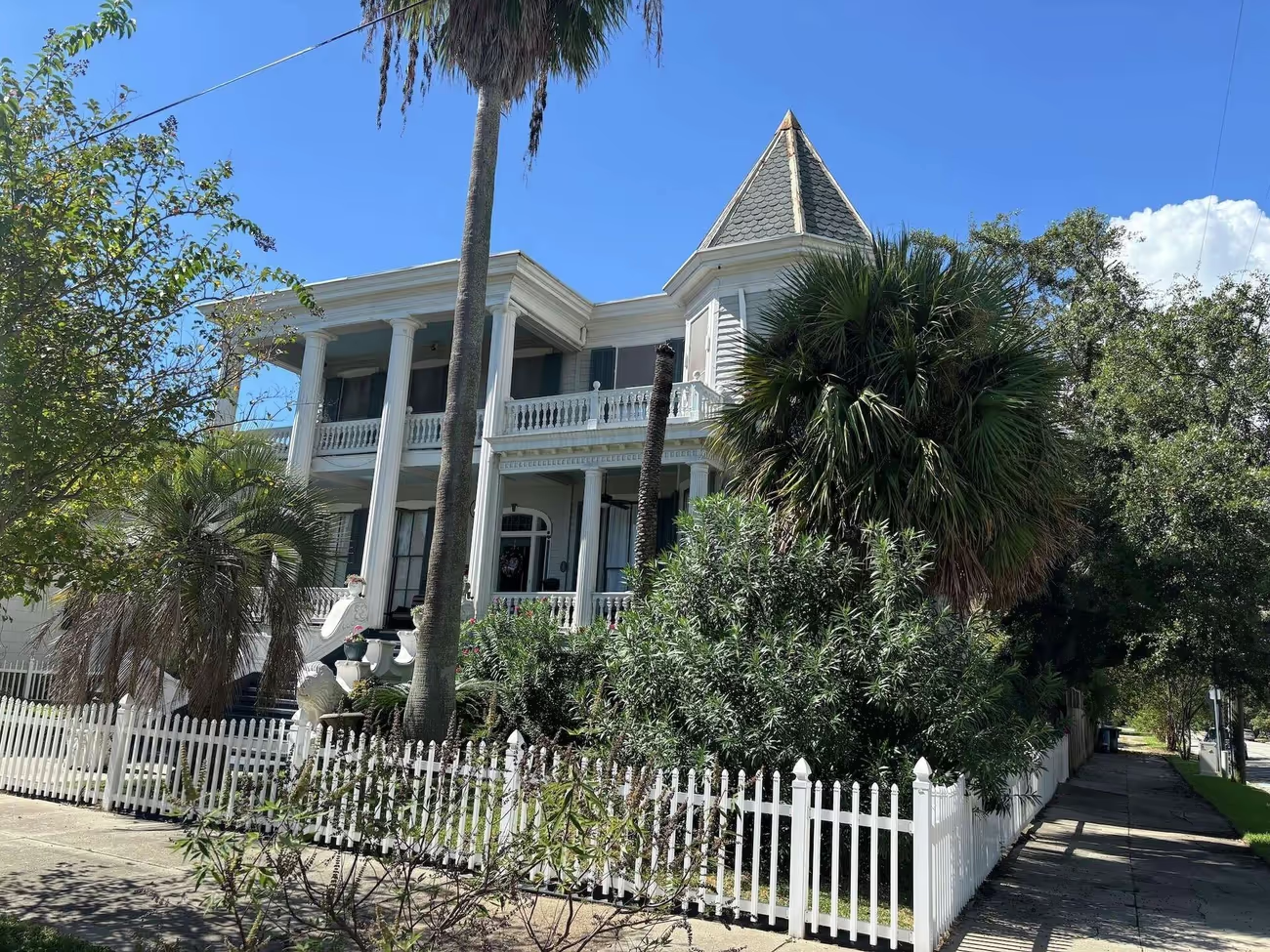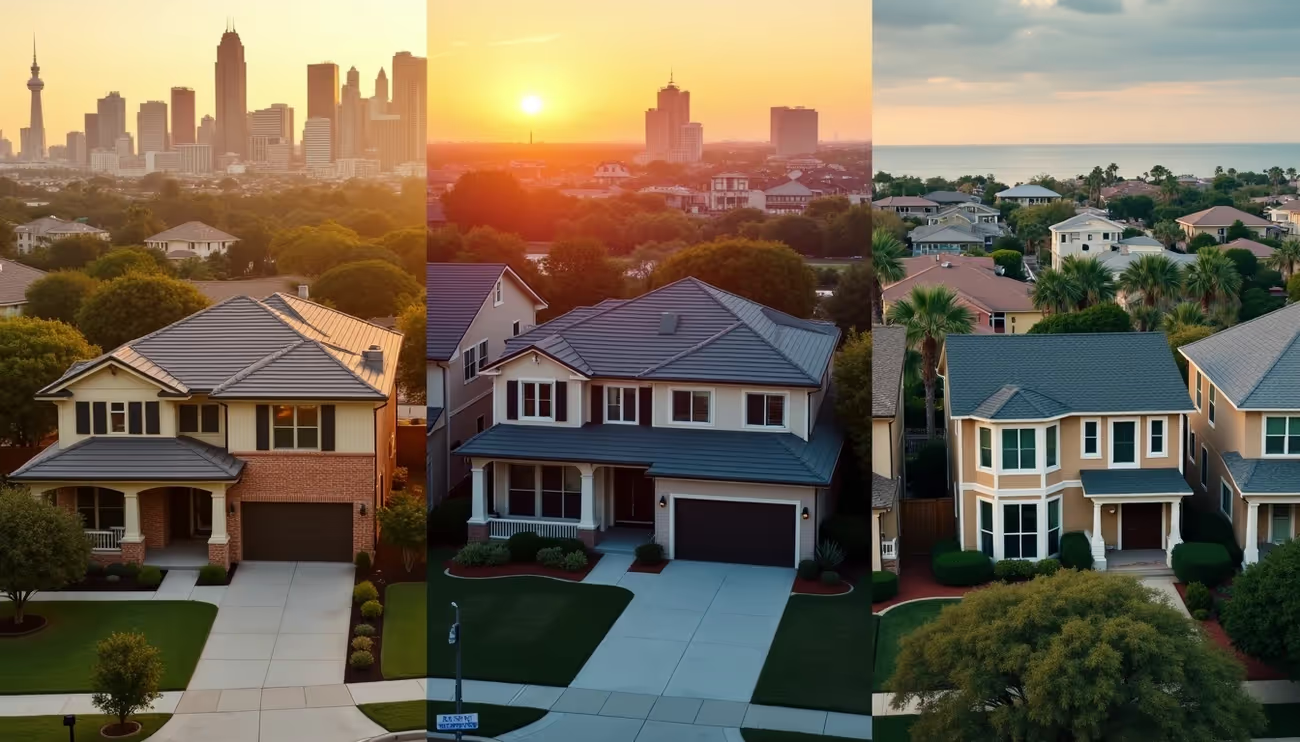Property owners and managers across Texas face new compliance requirements as major cities roll out strict short-term rental regulations. Houston City Council's unanimous vote on April 16, 2025, established mandatory registration for all STR properties within city limits [3]. Austin followed with its own regulatory overhaul, passing new STR rules 10-0 [1].
Houston property owners have until January 1, 2026, to comply with the new ordinance, though registration opens three months earlier on October 1, 2025 [3]. Austin takes a phased approach: licensing reforms and operator requirements start October 1, 2025, while platform obligations for Airbnb and VRBO don't kick in until July 1, 2026 [1]. The city also cut allowable STR density in multifamily buildings from 25% to 10% of total units, except for mixed-use properties with commercial space [1]. Texas short-term rental operators now face a patchwork of local regulations that will reshape how they manage properties across these metropolitan markets.
Texas Lawmakers Approve Sweeping STR Regulations

Image Source: Chron
Texas cities are taking individual approaches to STR management rather than waiting for statewide legislation. Each municipality crafts regulations based on local concerns, creating a complex patchwork of requirements for property operators.
Austin, which has regulated STRs since 2012, approved significant changes on September 11, 2025 [1]. Host platforms like Airbnb and VRBO must now display city license numbers in listings and remove unlicensed properties when requested [2]. The city established new spacing rules allowing up to two rentals per lot regardless of proximity [3]. For the first time, tenants can apply for STR licenses with landlord permission [1]. These updates address years of legal challenges that weakened previous enforcement [3].
Houston took a different path. The city maintained minimal STR oversight until the April 16, 2025 ordinance mandated registration for all properties rented less than 30 consecutive days [5]. Registration opens October 1, 2025, with enforcement starting January 1, 2026 [6].
Galveston developed its own framework requiring mandatory licensing, zoning compliance, safety standards, and tax collection [7]. This city-by-city approach emerged after state lawmakers repeatedly defeated bills attempting to preempt municipal authority [8].
The result: STR operators must navigate different rules depending on location, each designed to balance tourism revenue against neighborhood preservation. What works as compliance in Houston may not meet Austin's requirements, forcing operators to customize their approach for each market.
Austin Enacts Licensing and Density Reforms
Austin's latest STR ordinance overhaul addresses years of enforcement challenges with targeted reforms designed to improve compliance. Starting October 1, 2025, operators get valid for two years of licensing relief rather than annual renewals [9], cutting administrative overhead in half. The city also opened STR licensing to tenants for the first time, provided their lease allows it [3] and they secure written property owner approval [1].
The new density rules create clearer boundaries for operators. Property owners can't run STRs within 1,000 feet of other rental sites they control [10]. Individual lots with three or fewer units can accommodate up to two short-term rentals [9]. Cap STRs at 10% of total units now applies to multifamily buildings, down from 25% [1], though mixed-use properties with commercial space keep the higher threshold [9].
Platform requirements target compliance gaps that plagued previous regulations. Airbnb and Vrbo must now display city license numbers in all listings and remove unlicensed properties when officials request it [2]. Operators must also maintain local contacts within the Austin metro area (Travis, Williamson, Hays, Bastrop, or Caldwell counties) [9] for prompt complaint resolution.
Council member Ryan Alter noted these changes recognize that "a lot of people use short-term rentals as supplemental income so they can afford to stay here and live here" [2]. City officials expect the streamlined approach will boost compliance rates after previous rules led to widespread violations and enforcement problems [1].
Houston and Galveston Set Compliance Deadlines
Houston property owners face a $275 annual fee per rental property under the new ordinance, plus mandatory 24-hour emergency contact requirements [6][11][12]. The registration requirement extends to all properties rented for less than 30 consecutive days, with enforcement starting January 2026 [6].
Properties that rack up two citations within 12 months lose their certification entirely [12]. Houston also prohibits marketing STRs as event venues and mandates visible display of registration certificates [13]. Platforms like Airbnb and VRBO have 10 days to remove non-compliant listings after city notification [11].
Galveston takes a different approach with its $250 annual renewal fee and December 31st registration deadline [15]. The city is shifting STR oversight from the Park Board to direct city management starting October 2025, including Hotel Occupancy Tax collection [14].
The stakes are higher in Galveston: violations count as Class C misdemeanors with fines up to $500 per day [15]. Each day of non-compliance triggers a separate violation, meaning costs can escalate quickly for operators who miss deadlines.
Galveston's Short-Term Rental Ad Hoc Committee continues developing additional recommendations, with new proposals scheduled for City Council review on October 23 [14]. Both cities are building tracking systems to identify unregistered properties and automate enforcement of the new requirements.
Conclusion
Texas cities have created a new operating environment for short-term rental businesses. Property owners now face distinct requirements across markets: Austin's density caps and extended licensing periods, Houston's annual fees and registration deadlines, Galveston's Class C misdemeanor penalties for violations.
The staggered implementation creates windows for preparation. Houston operators have months to register before enforcement begins, while Austin's phased rollout gives platforms additional time to comply with listing requirements.
Non-compliance carries real costs. Houston revokes certifications after multiple citations. Galveston fines up to $500 per day for violations. STR operators who understand their local requirements ahead of enforcement deadlines avoid these penalties entirely.
These regulations reflect cities' efforts to balance tourism revenue with neighborhood concerns. The rules create structure in a previously unregulated market. STR operators who adapt quickly to their local requirements position themselves competitively as Texas cities continue refining their regulatory approaches.
Key Takeaways
Texas cities are implementing major short-term rental reforms with strict deadlines and new compliance requirements that will reshape the STR landscape across the state.
• Registration deadlines are approaching fast: Houston opens STR registration October 1, 2025, with enforcement starting January 1, 2026, while Austin begins licensing reforms October 1, 2025.
• Density restrictions are tightening significantly: Austin reduced multifamily STR caps from 25% to 10% of units and requires 1,000-foot spacing between properties owned by the same operator.
• Compliance costs and penalties are substantial: Houston charges $275 annually per property, while Galveston treats violations as Class C misdemeanors with up to $500 fines per day.
• Platform responsibilities have expanded dramatically: Airbnb and VRBO must display city license numbers and remove unlicensed listings within 10 days of city notification.
• Tenant licensing is now possible in Austin: For the first time, renters can apply for STR licenses with written landlord permission, expanding operator opportunities.
Property owners who act quickly to understand their local requirements and register before deadlines will avoid penalties and position themselves for success in this newly regulated market.
References
[1] - https://www.houstonpermittingcenter.org/news-events/update-administration-regulatory-affairs-department-newly-adopted-short-term-rental?utm_source=chatgpt.com
[2] - https://austinmonitor.com/stories/2025/09/council-oks-new-rules-for-short-term-rentals/?utm_source=chatgpt.com
[3] - https://austinmonitor.com/stories/2025/09/council-oks-new-rules-for-short-term-rentals/
[4] - https://www.kut.org/austin/2025-09-11/austin-tx-airbnbs-short-term-rental-property-changes-city-council
[5] - https://www.statesman.com/news/article/austin-city-council-approves-new-short-term-21049255.php
[6] - https://www.houstontx.gov/ara/str.html
[7] - https://www.houstonpermittingcenter.org/news-events/update-administration-regulatory-affairs-department-newly-adopted-short-term-rental
[8] - https://www.gowithsurge.com/blog/galveston-tx-short-term-rental-laws
[9] - https://www.texasobserver.org/short-term-rentals-airbnb-vrbo-neighborhoods/
[10] - https://www.austintexas.gov/department/short-term-rentals
[11] - https://communityimpact.com/austin/north-central-austin/government/2025/09/23/new-rules-for-austin-short-term-rentals-going-into-effect-this-fall/
[12] - https://www.fox26houston.com/news/houston-city-council-approves-short-term-rental-regulations
[13] - https://abc13.com/post/houston-short-term-rental-ordinance-city-council-passes-new-rules-strs-airbnb-vrbo/16191801/
[14] - https://www.avalara.com/mylodgetax/en/blog/2025/08/houston-extends-short-term-rental-registration-deadline-to-october-1.html
[15] - https://nanproperties.com/blog/new-changes-to-short-term-rentals-in-galveston-what-you-need-to-know
[16] - https://www.galvestontx.gov/CivicAlerts.aspx?AID=1987









